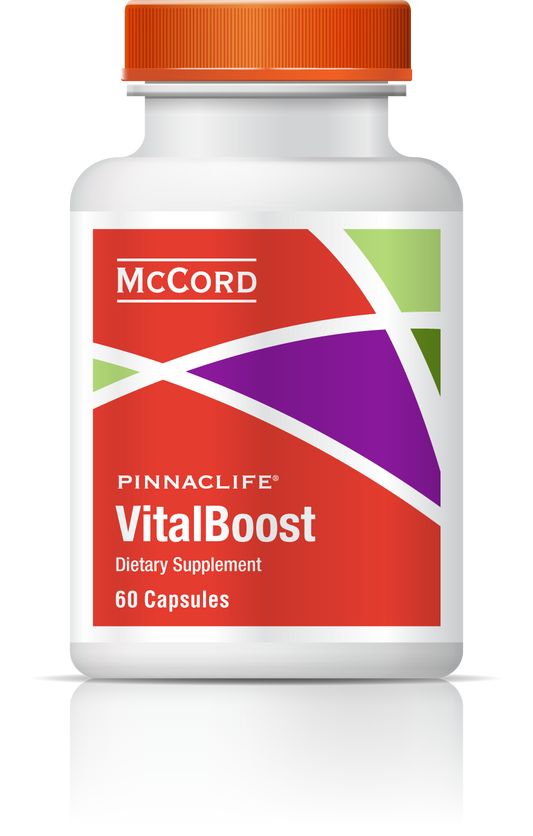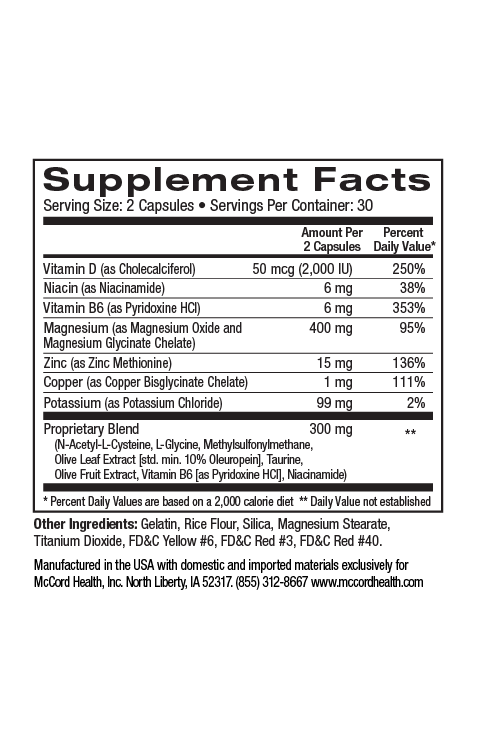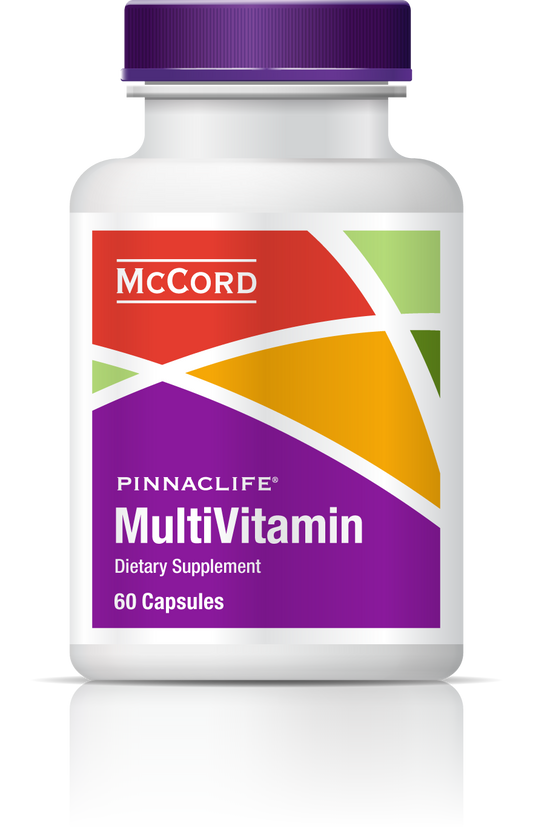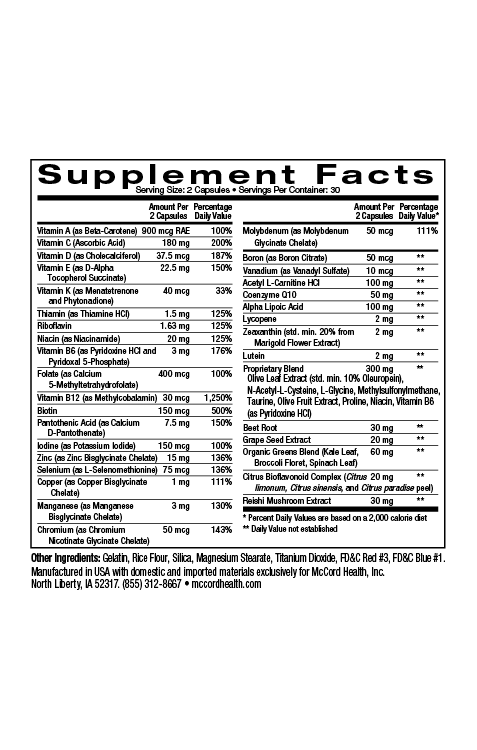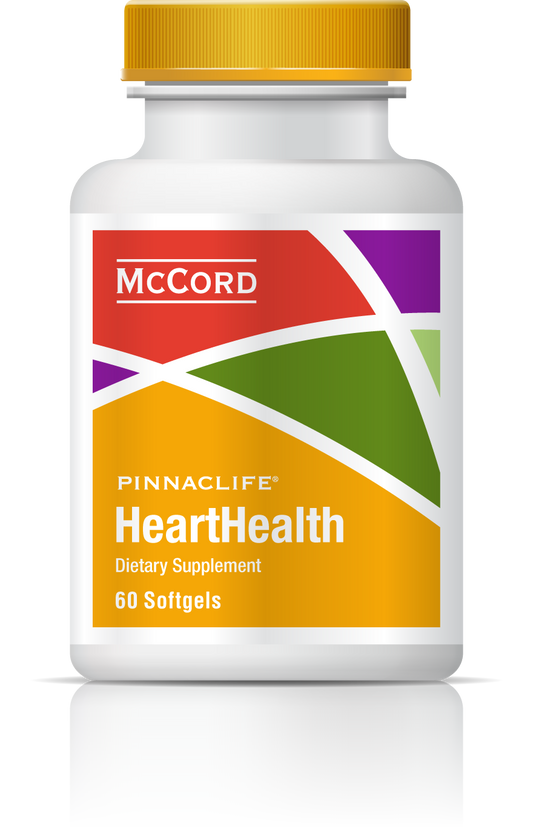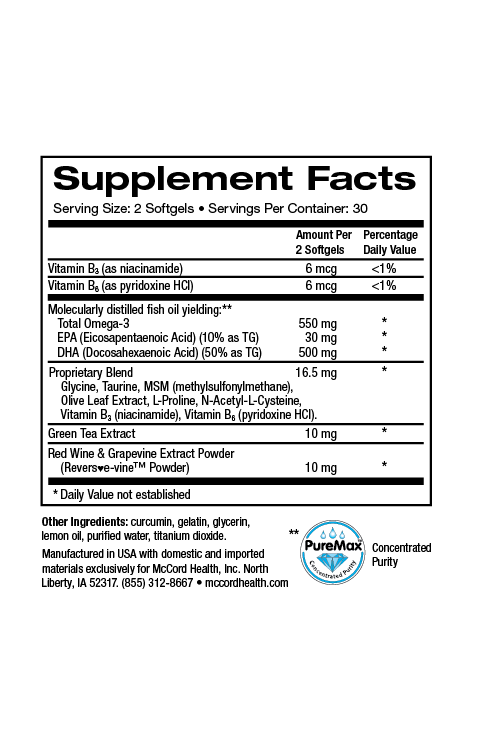The brain has a specialized security system called the blood-brain barrier to protect it from internal and external harms. Aging, inflammation, & disease weaken the barrier allowing toxins & harmful chemicals into the brain, accelerating neurodegenerative processes especially related to oxidation & free radical damage.
- Your brain has a specialized "security system" that restricts what goes in and out of the brain
- Disease processes, aging, oxidative damage, and inflammation can all disrupt the brain's security system, leaving the brain vulnerable
- People with diabetes have an increased risk for brain disease and other neurological problems
- There are specific nutrients that can help strengthen and maintain the brain's security system
Tell me more!
Anybody that has traveled by airplane has likely experienced a line at the security checkpoint. These lines can be frustrating, but we tolerate the inconvenience because we know it is necessary to maintain safety and security.
Take a moment to consider the fact that your brain actually has its own type of security checkpoint. Your brain protects itself by restricting the types of compounds that are able to move from your blood stream into your brain.
The Blood-Brain Barrier
The brain’s security system is called the “blood-brain barrier” (BBB), and it is vital to life. The BBB ensures that your brain receives the nutrients it needs while keeping out harmful chemicals, metabolic waste, and even infectious microorganisms.1
The BBB is formed by the small capillary blood vessels that are woven throughout the brain.1 The cells that make up these capillaries are held closely together forming tight junctions that make it difficult for large molecules to pass through. They also contain special proteins that function as pumps and filters to allow some compounds to pass and others to remain in the blood and out of the brain.
Breaks in the Blood-Brain Barrier
As we age, oxidative damage, inflammation, stress and some medical conditions including diabetes can cause capillaries to “leak” allowing inappropriate molecules to cross the BBB, resulting in damage to brain cells.1,2 Leaking capillaries are similar to an airport security line that allows people to freely pass through the line without being screened.
When inappropriate molecules freely enter the brain, they can begin causing damage to brain cells, speeding up the aging process and contributing to neurological conditions like cognitive decline, mood disorders, memory problems, and even dementia and Alzheimer’s disease.3
Diabetes and Brain Health
A person that has diabetes has an increased risk for these neurological conditions as a result of the effects of high blood sugars and oxidative stress that weakens the defenses of the BBB.4
Impaired glucose tolerance has been linked to cognitive decline in both Type-1 and Type-2 diabetes.3 Diabetes is associated with 2-fold increased risk of dementia and also increased rate of cognitive decline when compared to people without diabetes.5 There can be additional risk of neurological problems due to other medical conditions that typically occur in people diagnosed with Type-2 diabetes like high blood pressure, obesity, and cholesterol problems.5,6
Loss of Independence
Cognitive decline is of special concern in people with diabetes because they may lose the ability to self-manage their diabetes. Decreasing cognitive function makes it more difficult to follow a complicated medication regimen, properly administer insulin injections, and perform routine self-monitoring.5 People with cognitive decline and diabetes are more likely to experience potentially life-threatening episodes of low blood sugar, called hypoglycemia.5
People with diabetes are also at increased risk of developing mood disorders, with as many as 31% exhibiting depressive symptoms.5 It is unclear if these symptoms are related to coping with the diabetes diagnosis or actual altered neurotransmitter function due to biochemical processes related to diabetes and an impaired BBB.5
Improving Your Brain's Defense Systems
There are a number of nutritional interventions that can help to improve the brains security system by supporting healthy capillaries and reducing oxidative stress and inflammation. Some of the nutrients do their work inside the brain so need to pass through the BBB, while others have actions outside of the brain that still help improve the BBB.
Remember that when the BBB is properly functioning it only allows some chemical compounds to pass through, including the nutrients that might be included in food or nutritional supplements. There are a number of chemical properties that a compound might have that helps the BBB decide if it can or cannot pass.1,7
One of these important factors is the physical size of the molecule. Small molecules are more likely to cross into the brain than larger molecules, much like individual bricks are easier to transport than a completed house. You can think of this as your body’s way of providing the brain with the raw materials it needs to make all of the essential components for a healthy brain.
Nutrients that Support Brain Health
McCord Research Proprietary Blend Nutritional Supplements provide some nutrients that cross the BBB to nourish the brain and some nutrients that stimulate the natural production of other compounds that help protect the brain. There are several nutrients and antioxidants that have been shown to help protect brain cells and the capillaries that make up the BBB. This includes potent antioxidants found in:
- olives (hydroxytyrosol and oleuropein)
- grapes / red wine (trans-resveratrol)
- green tea (ECG/EGCG)
- turmeric (curcumin)
- broccoli (sulforaphane)
They also include brain-healthy nutrients like vitamin B-12, folate, methylsulfonylmethane (MSM), L-taurine, N-acetyl-l-cysteine and magnesium.1,4,7–15
The Mediterranean diet and other diets that are high in these nutrients are associated with a lower risk of cognitive decline, dementia and progression of mild cognitive disorders into Alzheimer’s disease.5,16 McCord Research Proprietary Blend Nutritional Supplements can help to boost the amounts of these beneficial compounds in your diet, giving your body the tools it needs to help maintain your brain's natural security system - the blood-brain barrier.
References
- Gilgun-Sherki Y, Melamed E, Offen D. Oxidative stress induced-neurodegenerative diseases: the need for antioxidants that penetrate the blood brain barrier. Neuropharmacology. 2001;40(8):959–75.
- Li W, Busu C, Circu ML, Aw TY. Glutathione in cerebral microvascular endothelial biology and pathobiology: implications for brain homeostasis. Int J Cell Biol. 2012;2012:1–14.
- Toth C. Diabetes and neurodegeneration in the brain. In: Zochodne DW, Malik RA, eds. Handbook of clinical neurology.Vol 126. 126th ed. Calgary: Elsevier B.V.; 2014:489–511.
- Olmez I, Ozyurt H. Reactive oxygen species and ischemic cerebrovascular disease. Neurochem Int. 2012;60(2):208–12.
- Koekkoek PS, Rutten GEHM, Biessels GJ. Cognitive disorders in diabetic patients. In: Zochodne DW, Malik RA, eds. Handbook of clinical neurology.Vol 126. 126th ed. Utrecht, Netherlands: Elsevier B.V.; 2014:145–66.
- Matsuda M, Shimomura I. Increased oxidative stress in obesity: Implications for metabolic syndrome, diabetes, hypertension, dyslipidemia, atherosclerosis, and cancer. Obes Res Clin Pract. 2013;7(5):e330–e341.
- Hawkins RA, O’Kane RL, Simpson IA, Viña JR. Structure of the blood-brain barrier and its role in the transport of amino acids. Presented at Symposium on Branched-Chain Amino Acids. In: Cynober L, Harris RA, Bier DM, Holloszy JO, Morris Jr. SM, Shimomura Y, eds. The Journal of nutrition.Vol 136. Versailles, France: American Society for Nutrition; 2006:218S–26S.
- Souza CG, Riboldi BP, Hansen F, et al. Chronic sulforaphane oral treatment accentuates blood glucose impairment and may affect GLUT3 expression in the cerebral cortex and hypothalamus of rats fed with a highly palatable diet. Food Funct. 2013;4(8):1271–6.
- Carrizzo A, Forte M, Damato A, et al. Antioxidant effects of resveratrol in cardiovascular, cerebral and metabolic diseases. Food Chem Toxicol. 2013;61:215–26.
- Franconi F, Bennardini F, Mattana A, et al. Plasma and platelet taurine are reduced in subjects with insulin- dependent diabetes mellitus: effects of taurine supplementation. Am J Clin Nutr. 1995;61(5):1115–1119.
- Eby G a, Eby KL. Rapid recovery from major depression using magnesium treatment. Med Hypotheses. 2006;67(2):362–70.
- Farr SA, Poon HF, Dogrukol-ak D, et al. The antioxidants a-lipoic acid and N-acetylcysteine reverse memory impairment and brain oxidative stress in aged SAMP8 mice. J Neurochem. 2003;84:1173–1183.
- Houghton C a, Fassett RG, Coombes JS. Sulforaphane: translational research from laboratory bench to clinic. Nutr Rev. 2013;71(11):709–26.
- Wallace DC. A Mitochondrial Paradigm of Metabolic and Degenerative Diseases, Aging, and Cancer: A Dawn for Evolutionary Medicine. Annu Rev Genet. 2005;39(359):1–51.
- Bredesen E. Reversal of cognitive decline : A novel therapeutic program. Aging (Albany NY). 2014;6(9):707–717.
- Féart C, Samieri C, Rondeau V, et al. Adherence to a Mediterranean diet, cognitive decline, and risk of dementia. JAMA. 2009;302(6):638–48.
Disclaimer: These statements have not been reviewed by the FDA. These products are dietary supplements and are not intended to treat, cure, or prevent any disease. The decision to use these products should be discussed with a trusted healthcare provider. The authors and the publisher of this work have made every effort to use sources believed to be reliable to provide information that is accurate and compatible with the standards generally accepted at the time of publication. The authors and the publisher shall not be liable for any special, consequential, or exemplary damages resulting, in whole or in part, from the readers’ use of, or reliance on, the information contained in this article. The publisher has no responsibility for the persistence or accuracy of URLs for external or third party Internet websites referred to in this publication and does not guarantee that any content on such websites is, or will remain, accurate or appropriate.

